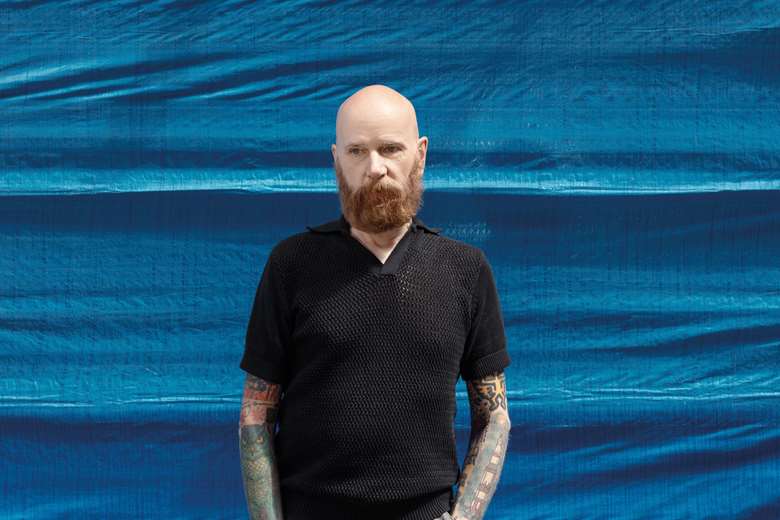Contemporary composer: Gabriel Jackson
Hattie Butterworth
Friday, May 16, 2025
This British composer’s output extends beyond the choral music for which he is best known, as Hattie Butterworth reveals

Register now to continue reading
Thanks for exploring the Gramophone website. Sign up for a free account today to enjoy the following benefits:
- Free access to 3 subscriber-only articles per month
- Unlimited access to our news, podcasts and awards pages
- Free weekly email newsletter














